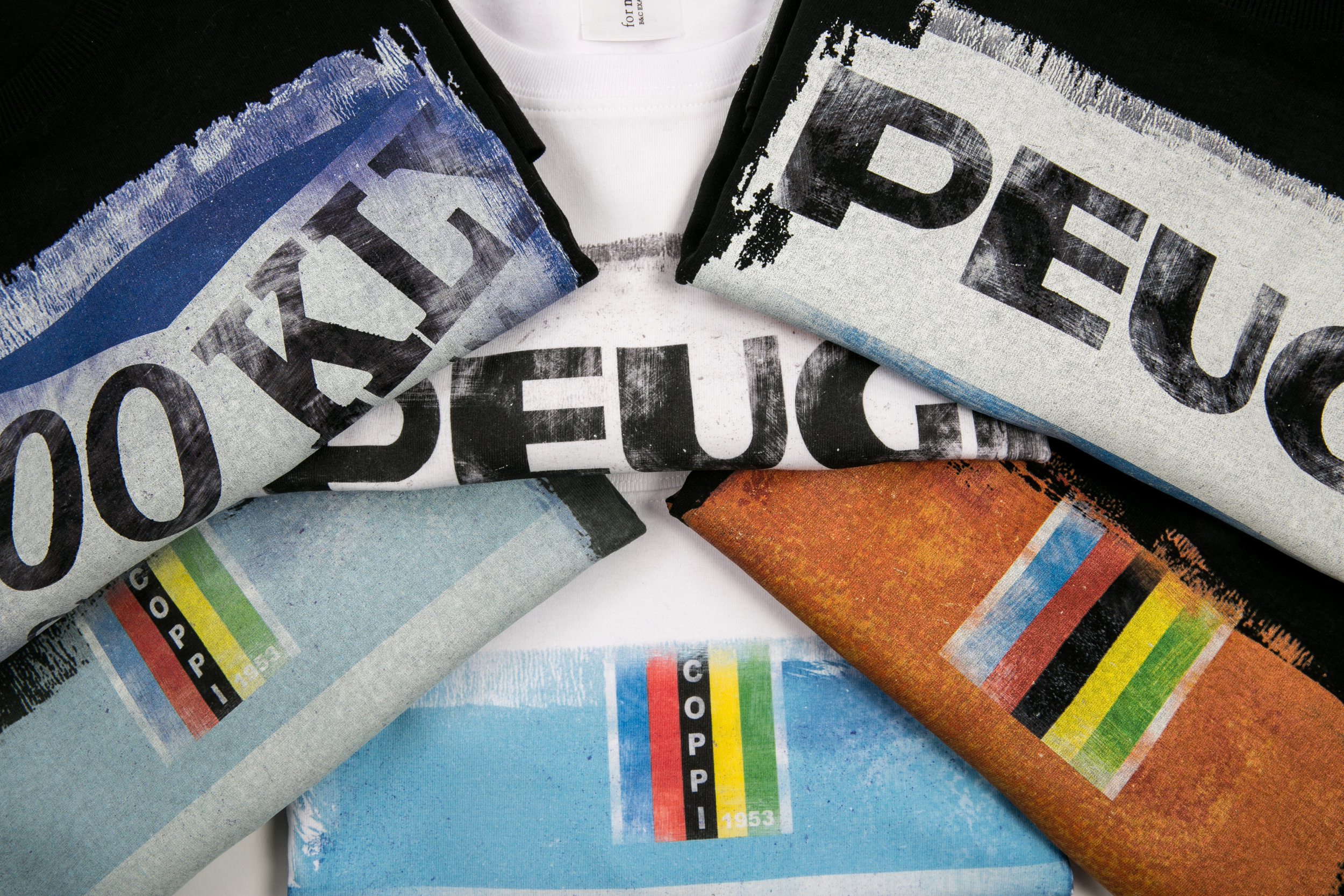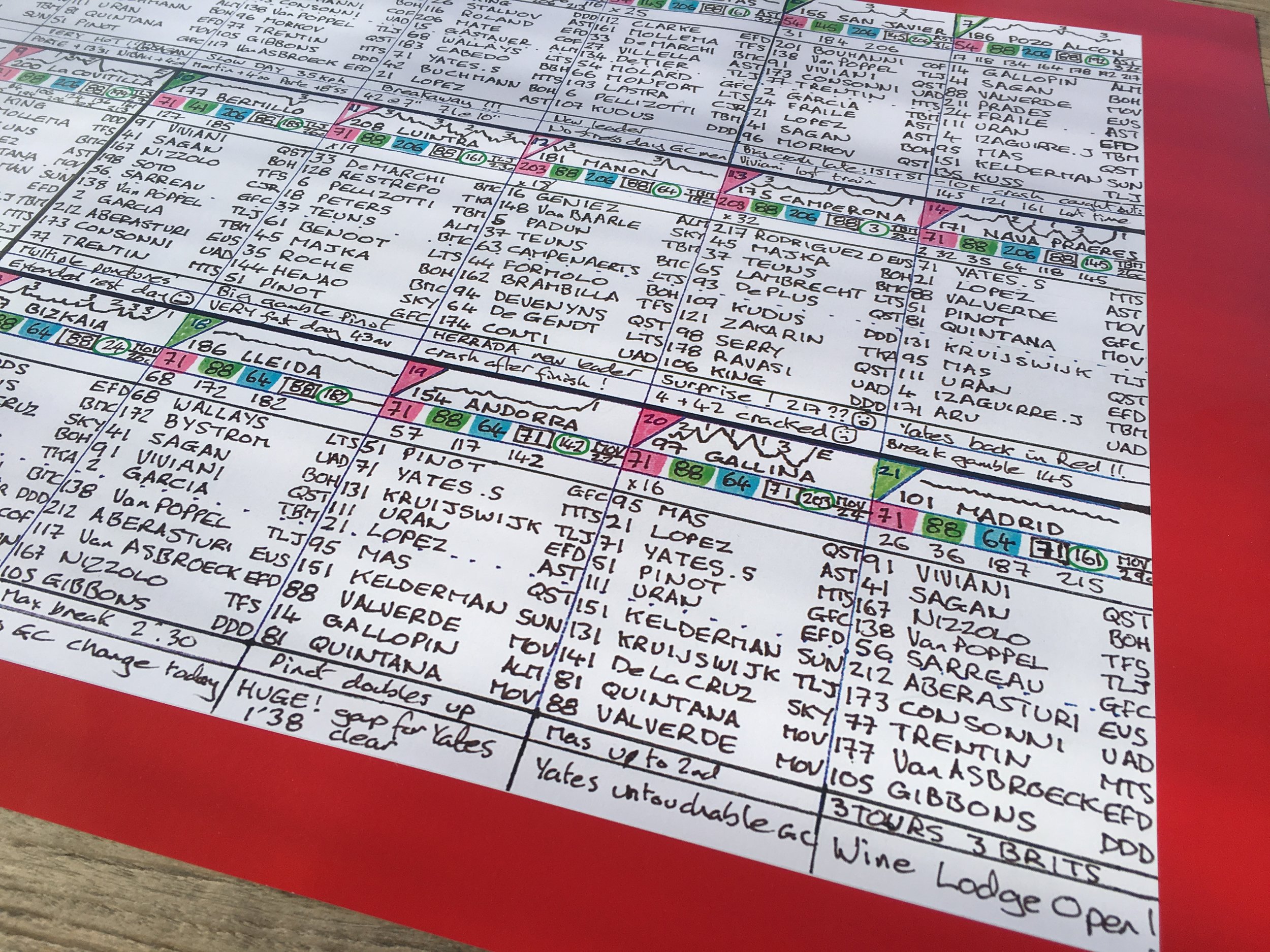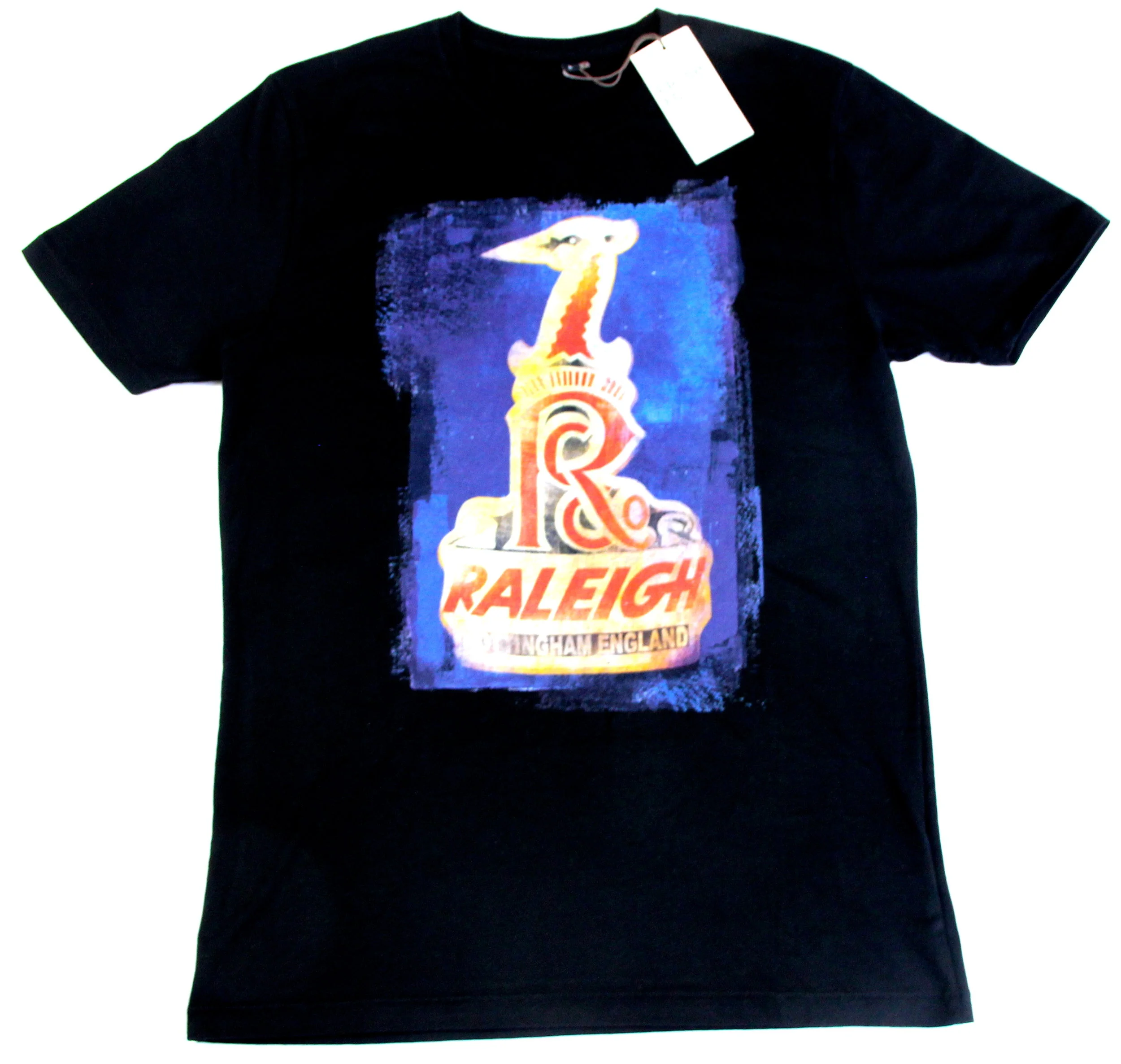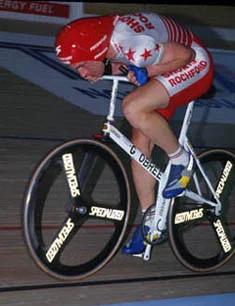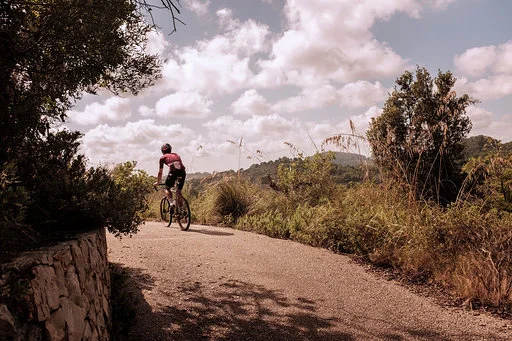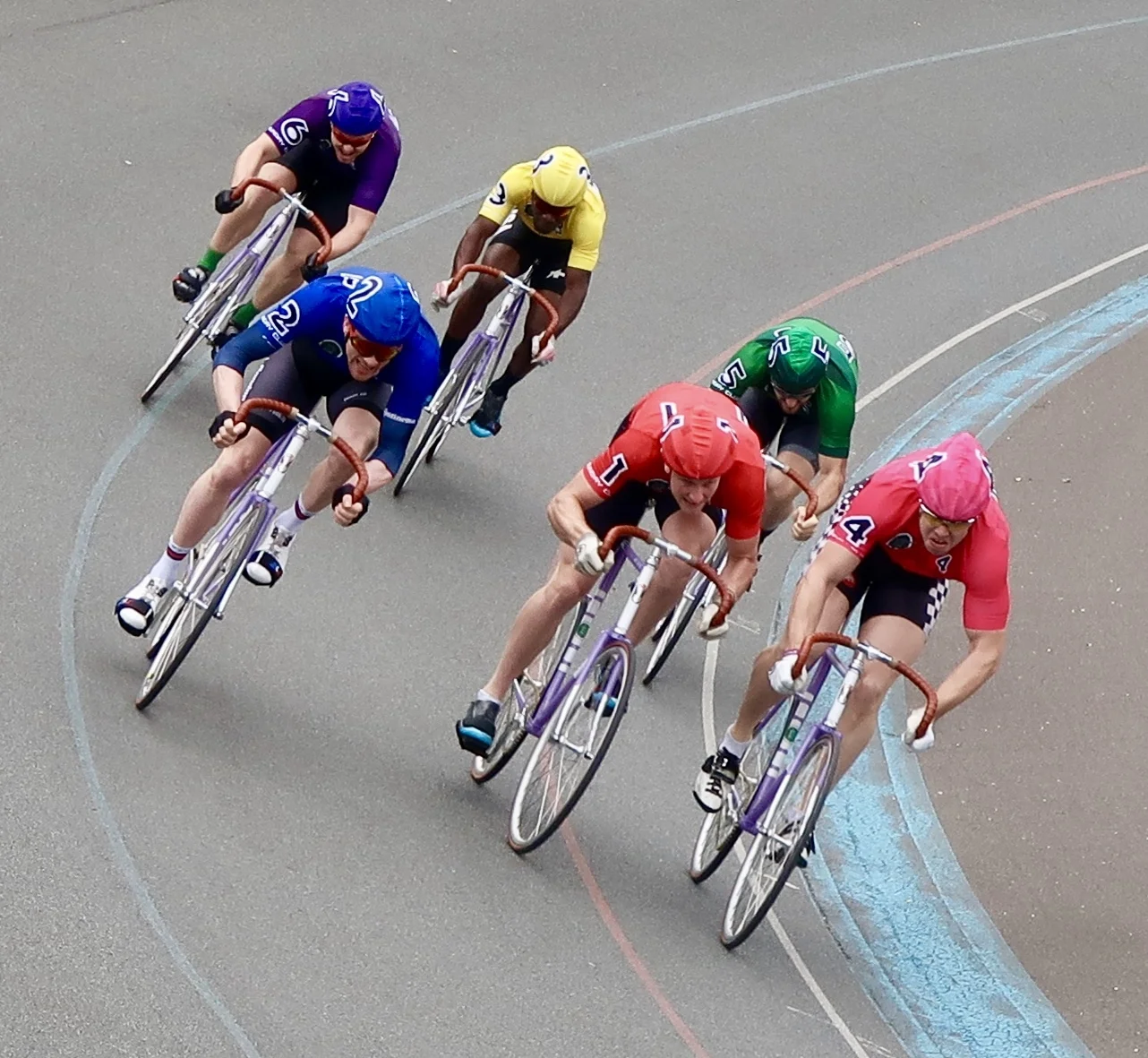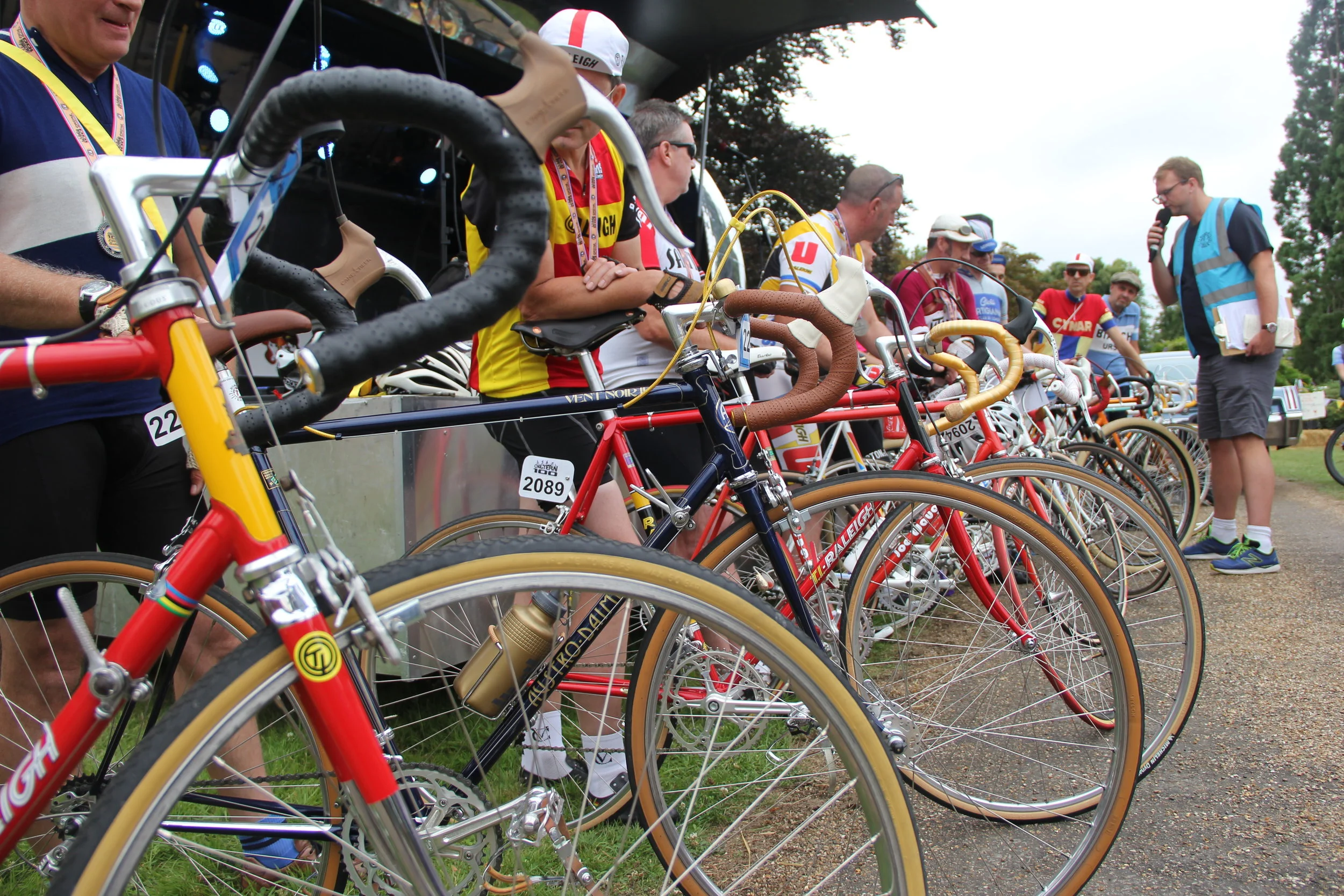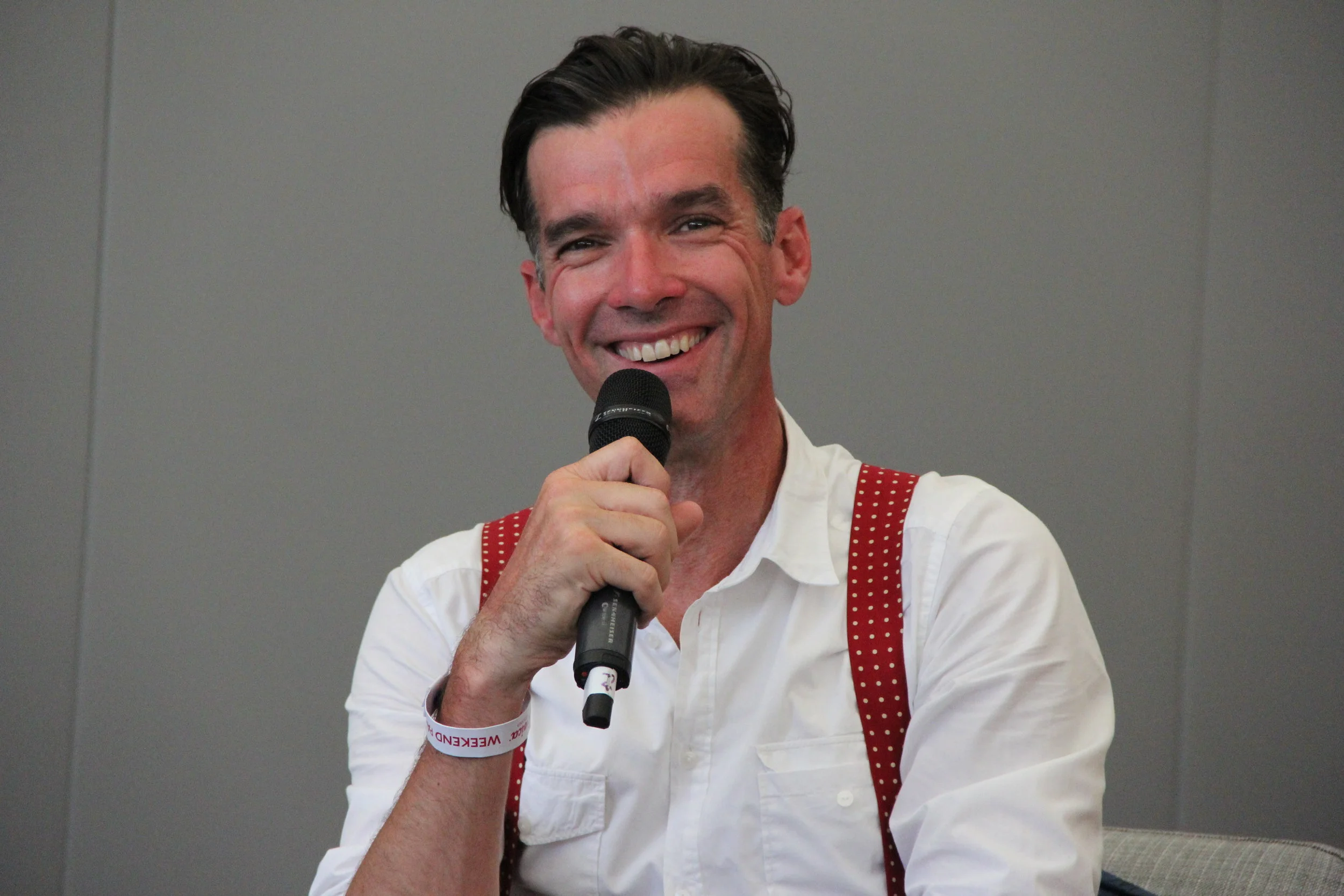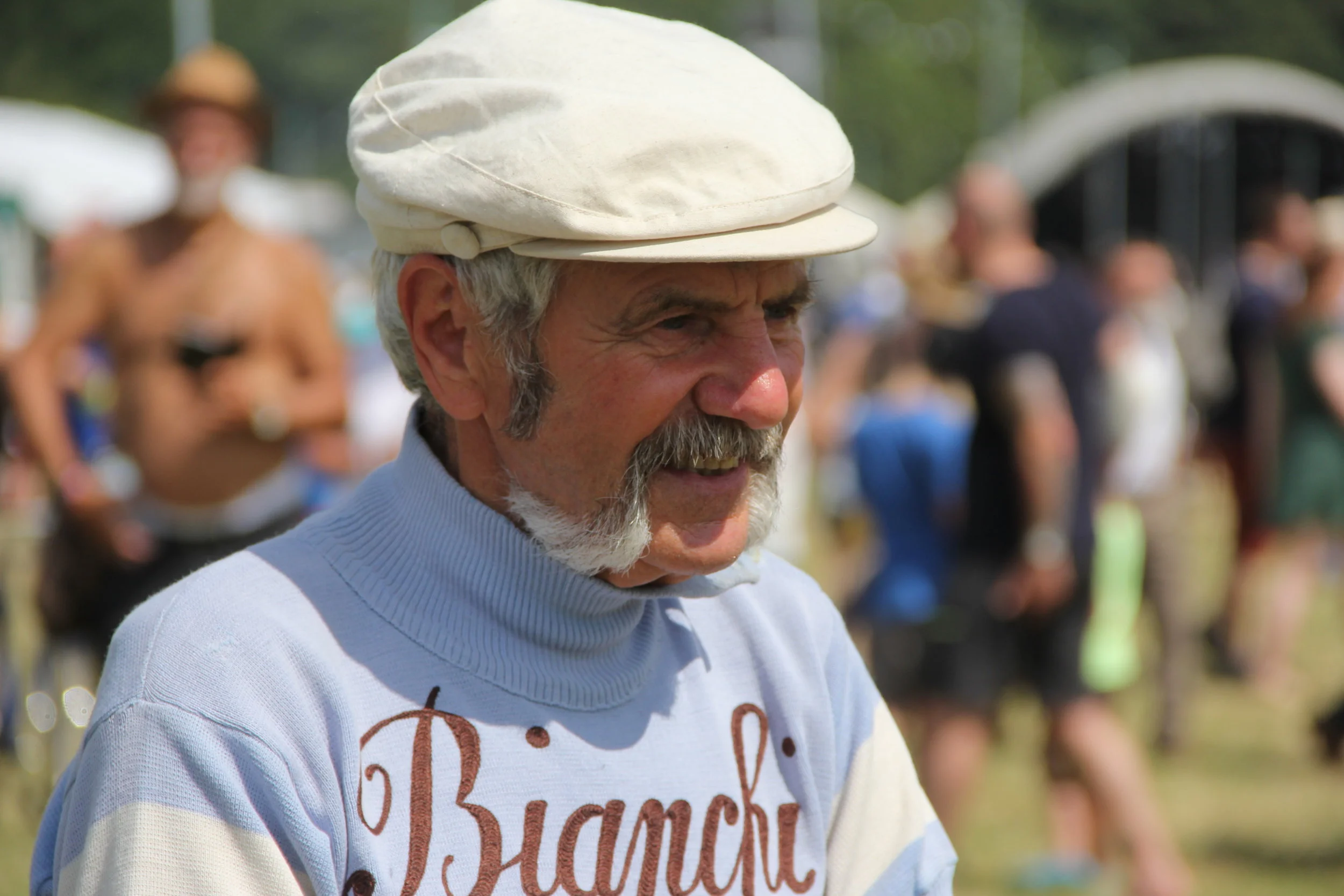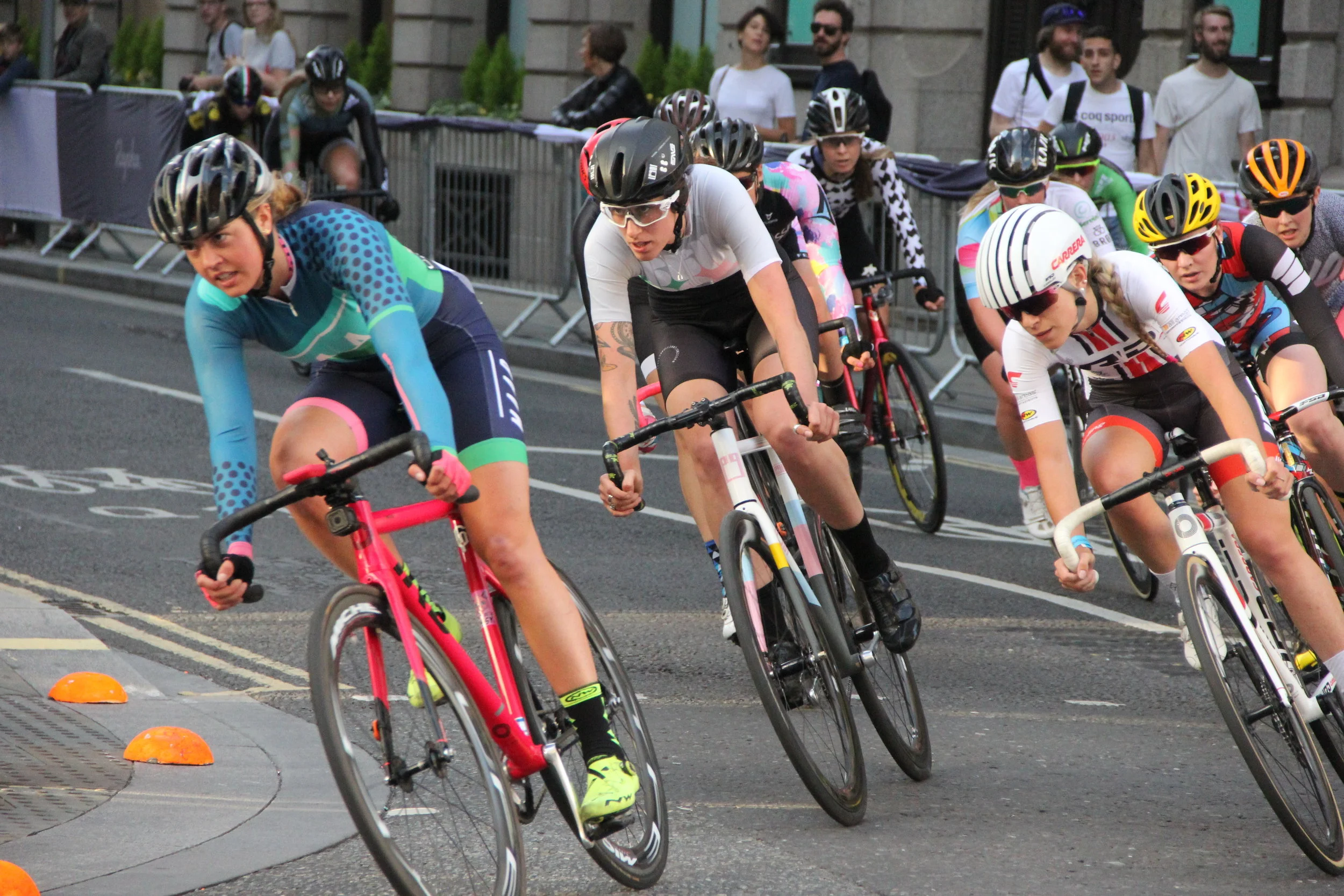Having tried, in vain, to get a quote from Chris Boardman during the London Mayoral Campaign, we weren't optimistic about him speaking candidly when interviewed by Rob Spedding of Cycling Plus at Spin London last weekend. How wrong we were! Far from tactfully withholding his opinions, as he appeared to do throughout the London mayoral elections, the hour-record winning cyclist spoke openly on a range of subjects. He freely voiced his views, not only on our new mayor, but his rivalry with Graeme Obree, Britain's prospects for the Rio Olympics, doping in the Tour and even what a 'git' he'd been!
Chris Boardman opens up for the audience at Spin London
He was there to talk about the publication of his forthcoming book "Triumphs and Turbulence" due to be released on June 2nd. And if his talk was anything to go by, the book's going to be a good read! He kicked off by saying that, although it had taken him two and a half years to write, the process had been quite cathartic; "You go back and think, I was a bit of a shit back then. It was, in a sense, to apologise to people for bad behaviour as a kid... There was an awful lot of arrogance and ignorance and with age you look back and go 'I really wish I hadn't done that'." Well, that made us sit up straight and pay attention!
To the younger generation, Chris Boardman may be best known for his phenomenally successful range of bikes, sold through mega-chain Halfords. That, and his commentary on pro cycling for ITV4. But Boardman, MBE, has won the hour record no less than three times, won three stages of the Tour de France, and gold and bronze Olympic medals. Surprising then, being a pro cyclist wasn't something that he'd set out to do: "I never wanted to turn professional it was hard and scary and a wholly different sport [from amateur racing], but I just got to a point where there was no other way forward than to turn professional."
So it was a 13-year-old Boardman who started his career racing bikes with a 10 mile time trial in Chester, which he completed wearing a pair of football shorts, in a none too shabby 29 minutes. Even though it was scuba diving, not cycling, that he was fanatical about at the time, by the time he was 16, he was in the national team.
"I just thought about right now and where can I get to by the end of the year, and then Peter Keen, the coach, got involved and he was enthusiastic with new ideas... and we just kept moving forward until eventually we were; 'blimey, we're in Barcelona!' ... So we never actually believed it was going to happen until someone was putting a medal around my neck and it was quite a shock."
Chris Boardman with Rob Spedding of Cycling Plus
It was during the 1992 Barcelona Olympics that British Cycling began its stella trajectory, with Boardman winning his first gold medal in the individual pursuit and breaking two world records in the process. Thanks to a combination of out-of-the-box thinking from Peter Keen, and a sudden injection of Lottery cash into the sport, British Cycling enjoyed a rush of subsequent Olympic medals.
"I think Peter Keen [former performance director of British Cycling], he was the unsung hero. He was the father of British Cycling of the modern era because he was the first person to think about the demands of the event rather than the history of the event ... and he had a mindset for being better rather than being the best. He set up a structure so that he could do that in a systematic way. Winning gold in Barcelona gave him the authority to do that when the Lottery money came along.
"We got Lottery money and then thought, 'Brilliant...what do we do with it? And there was no competent person who had a big plan. [British Cycling] was an amateur organisation and you were qualified by virtue of the fact that you could take time off work - that was the prerequisite. Suddenly we had lots of money, and Peter Keen said 'I've got a plan', and they looked at his background and said, 'great, take this money.' And it was successful and he employed Dave Brailsford ... so I think Peter's the architect, the unsung hero, really... Peter, at the moment, his involvement with the Lawn Tennis Association is coming to an end in a few months, I was wondering if they could persuade him to go back?" To replace Shane Sutton - interesting idea Chris!
After the '92 Olympics, Boardman set his sights on breaking the 'hour record' - the furthest distance travelled around an indoor velodrome in a single hour on a bicycle. His team built a new improved version of the ground-breaking Lotus 108 track bike that he'd broken two world records on in Barcelona. Unknown to him at the time, Scotsman Graeme Obree was building his own aerodynamic speed machine out of washing machine parts and bits of old bikes! For a couple of years the pair tussled over the record, winning, getting beaten again, being disqualified - the press loving the rivalry between the two very different British men. Spedding asked Boardman for his recollections of those days:
“Graeme Obree was the first person in the 90s to say this is about aerodynamics ... and we copied him. At the time, I’m ashamed to say, we were the ones taking the piss, but he was the person who had the courage of his convictions and stuck to it and changed the face of pursuiting twice with his radical thinking. An incredible man ... People assume we know each other well. We don’t - we just appeared in the same magazines a lot! ... A guy who makes his own bikes and eats jam sandwiches is a lot more interesting. Graeme was interesting and that was more important.””
Rival Graeme Obree on 'Old Faithful'
Boardman is less well known as a road cyclist, but he won no less than three individual stages of the brutal Tour de France between 1994 and 1998, though he was plagued by a number of crashes at the time. "I don't think anybody enjoys riding the Tour de France," he told the audience. "It's a challenge ...the only way is to fight your way round." Of the 1996 Tour de France - the first time he finished the race, he said of Stage 17; "I remember thinking, 'I can't make it' ... It was the most horrific day I've ever had on a bike... It's a once in a lifetime experience and I thought 'I'm never doing that again!'"
Boardman implied that he wasn't as successful as he should have been in the Tour due to the doping that was rife at the time. He thought: "I can't understand why I can't climb when I've got this power output and this weight, I should be able to climb, and at best I'm 20 minutes out the back. I would normally beat this person no problem but suddenly you're going faster than me, so you can see that it's all screwed up and certainly there was plenty of rumour but there was no facts that we have now. So until '98 until when the French Gendarmes opened a can of worms, and rightly so because there was lots of worms to be found." referring to the Festina team doping scandal.
The gorgeous new titanium Boardman bike at Spin London
After retiring from professional cycling aged 30 due to health problems, Boardman, now 47, turned his attention to building bikes, the first bike being sold when the Tour de France came to London in 2007. But how did it come about? "I got an email from a guy called Alan Ingarfield who was British Ironman champion. It was a really rambly email that said; 'wanna make bikes, we've got contacts' and it was badly punctuated and badly spelled. It was a bit like tossing the mental coin aged 13, 'shall I push delete or shall I not?' Sally, my wife, was standing there at my shoulder and said, 'go on, you may as well reply.' I got together with Alan in Liverpool and it turned out he didn't have a strategic plan... he was just a big bag of full of enthusiasm. It was perfect for me and we brought something together. It took us two years to find the outlet and build the product and decide on what to do. Since then, the biggest problem has been keeping up with demand, which is the best problem anyone can ever have."
Looking back on how they got started, he remembered how, "one of the most sophisticated bikes we've got, started off on a sketch on a napkin in Starbucks. It's an amazingly satisfying thing to do." At Spin they were showing off their latest titanium model which, "people love and I really like it. It's just good fun. It doesn't all have to be about performance. It looks cool." I have to say that we agree.
This summer sees the return of the Olympics, this time in Rio. How does Boardman rate Team GB's prospects - are we going to see a repeat of the success of Beijing? "I'm amazed, by the time we got to London, that everybody else hadn't caught up and I thought it was tantamount to being negligent on the part of the other federations after being shown, four years before in Beijing, the difference of doing all the small things and looking at technology. It was talked about in the press ad infinitum. They didn't catch up before London and they're just getting there now. So, yeah, it's just getting harder and harder. 2-3 gold medals is what you could expect, one more than that would be unbelievably good, but I think that's the kind of ballpark now. But it's not good for the sport to have one nation that dominates all the time...strategically it's better that Britain win less medals."
Boardman at the Rouleur Classic event last year
That just left one last question, why did he choose Triumphs and Turbulence as the title for his autobiography? "Without wishing to side step it, I'd say read the book. Because a lot of it is personal as well with my wife we had some rocky times, because I was a selfish git. There's also a play on words having spent a huge amount in wind tunnels!" Not just hot air we hope... the book's in the post and we'll post our review soon.
Triumphs and Turbulence is out on June 2nd published by Ebury Press priced £13.60 on Amazon.


